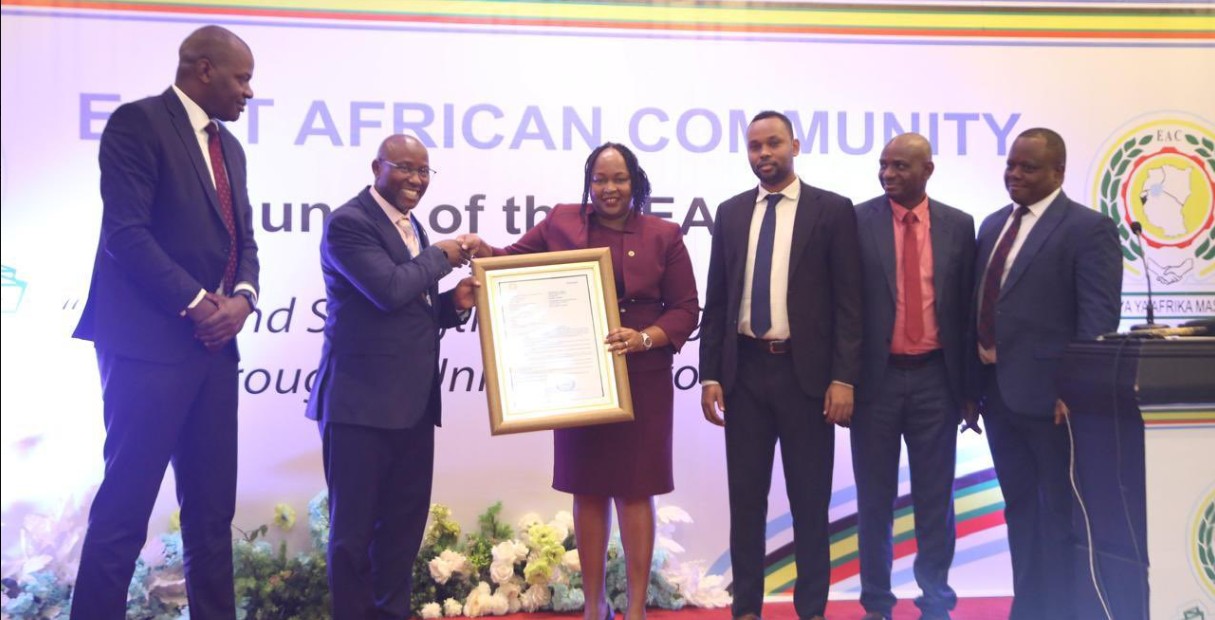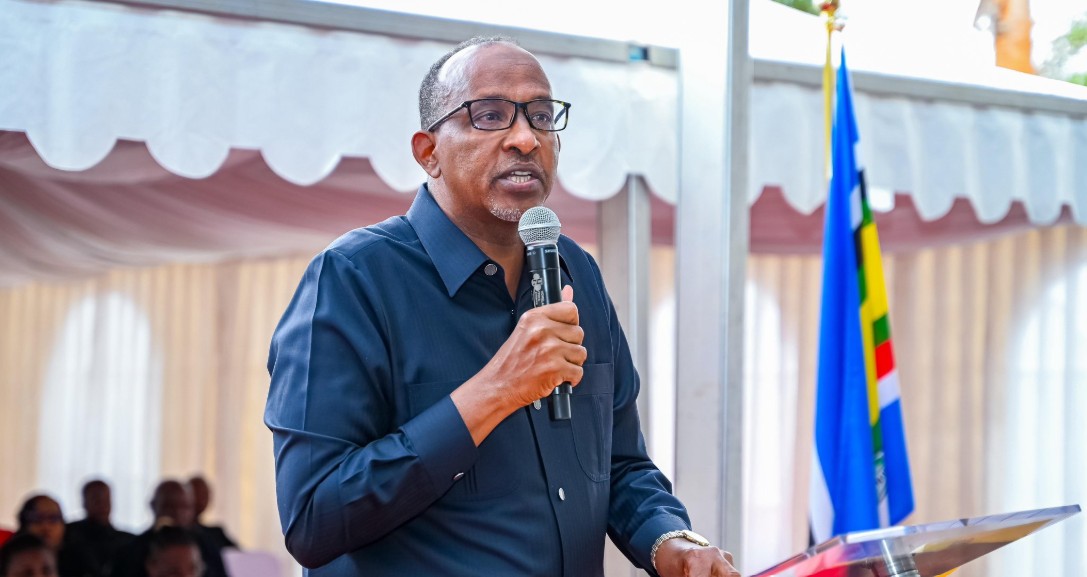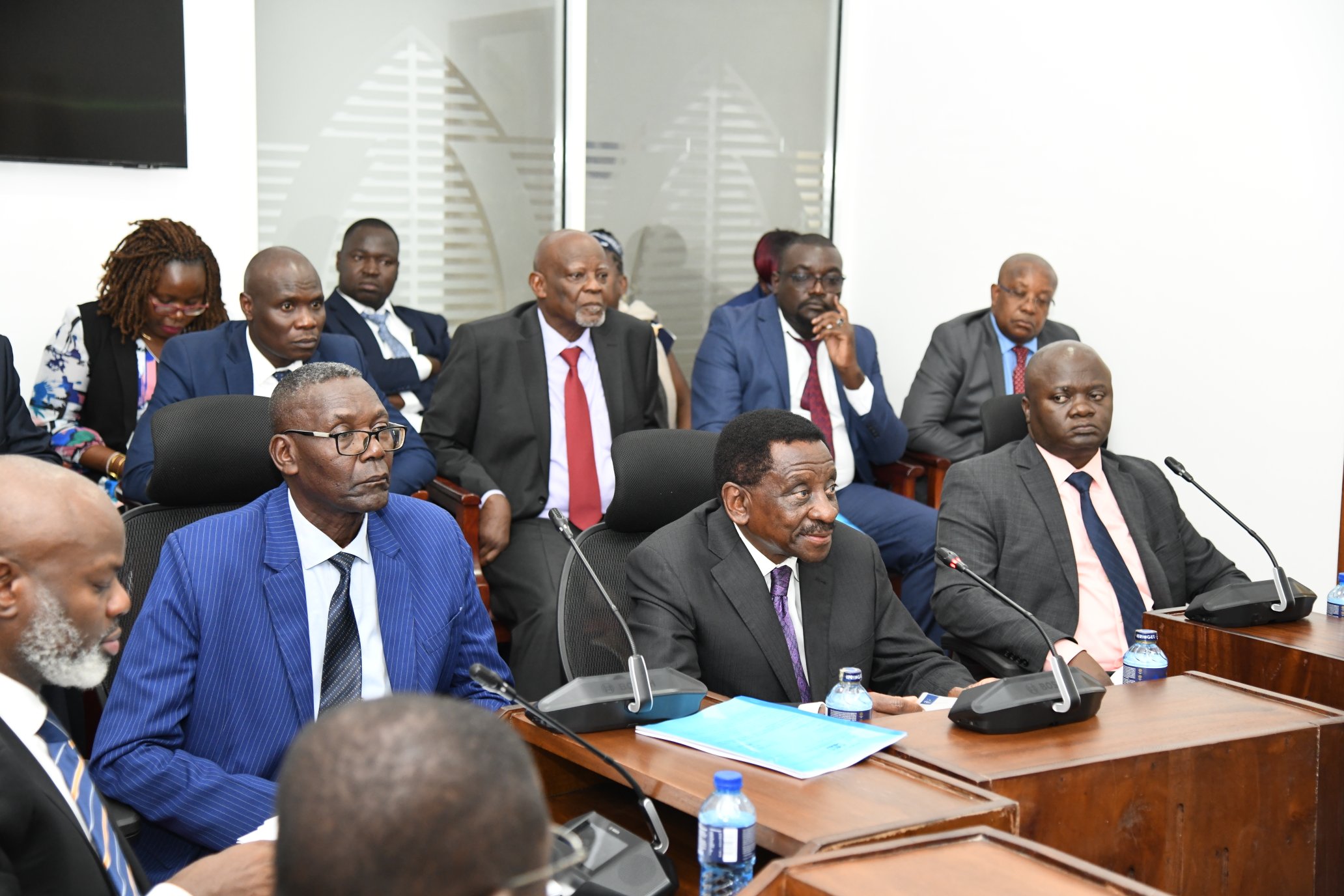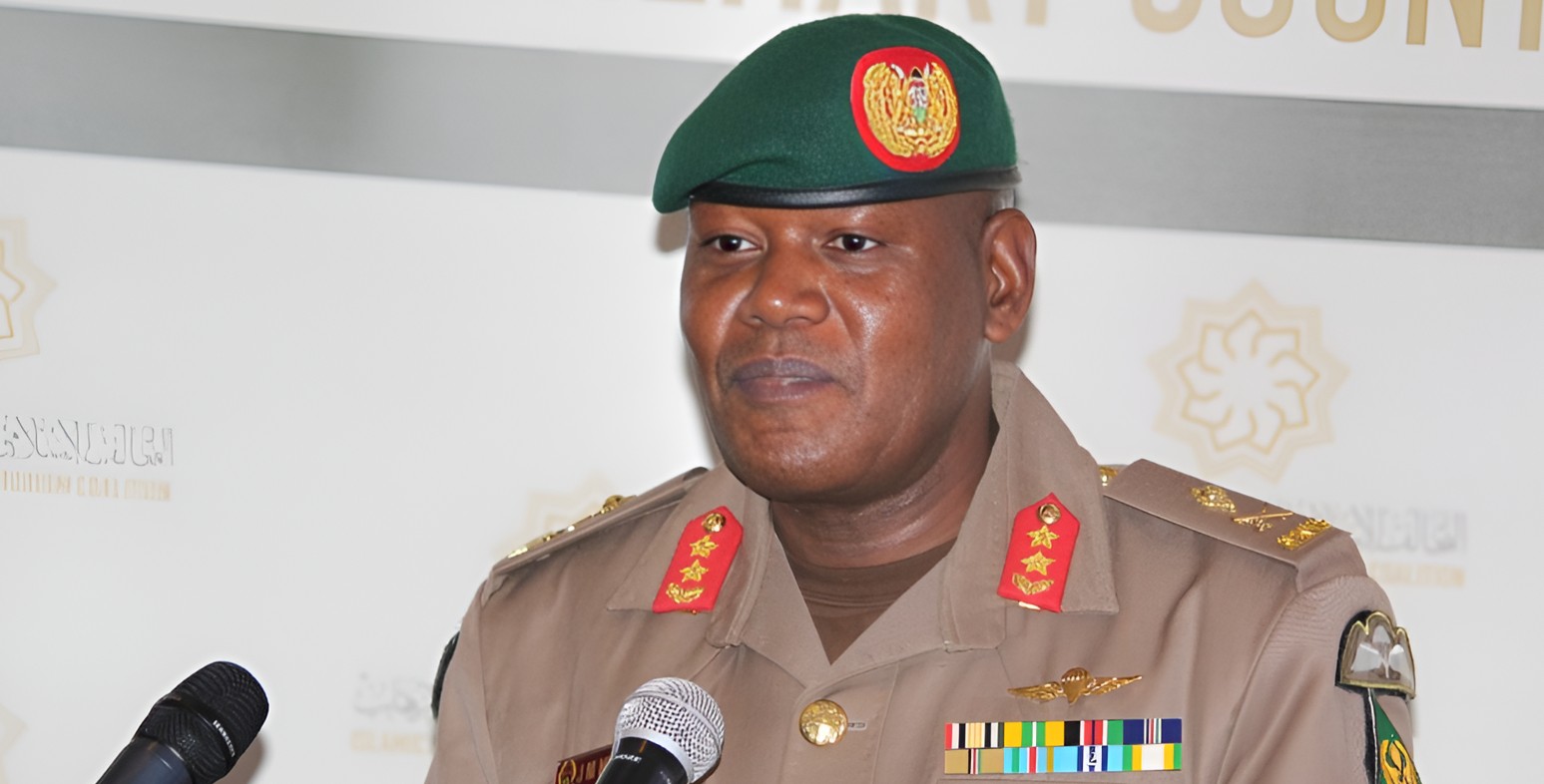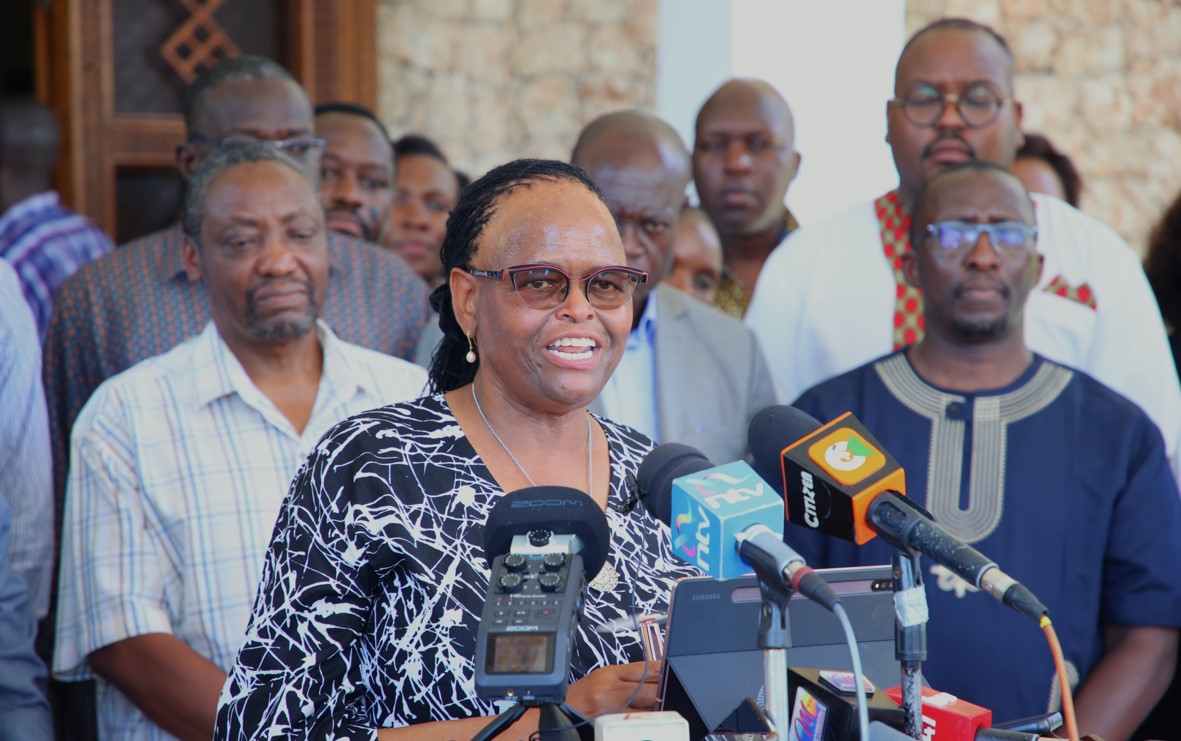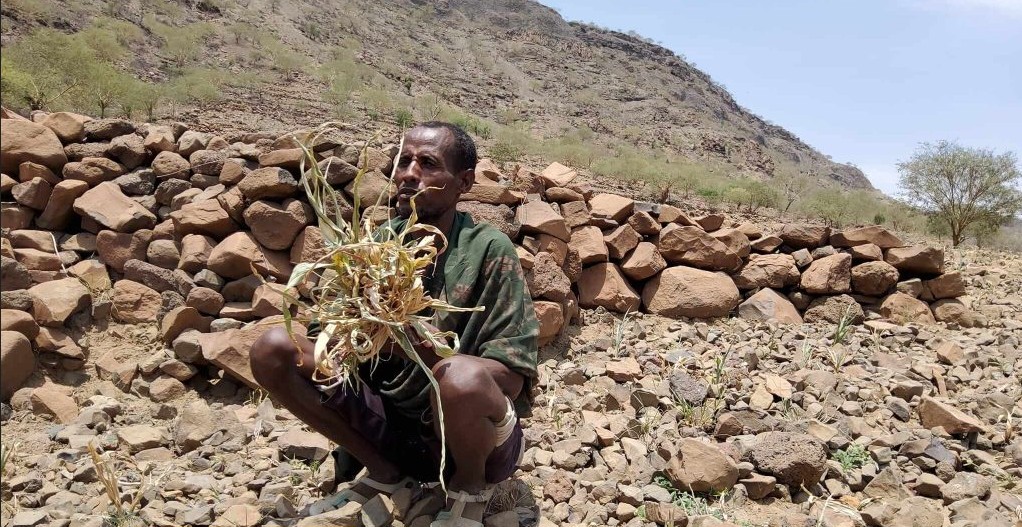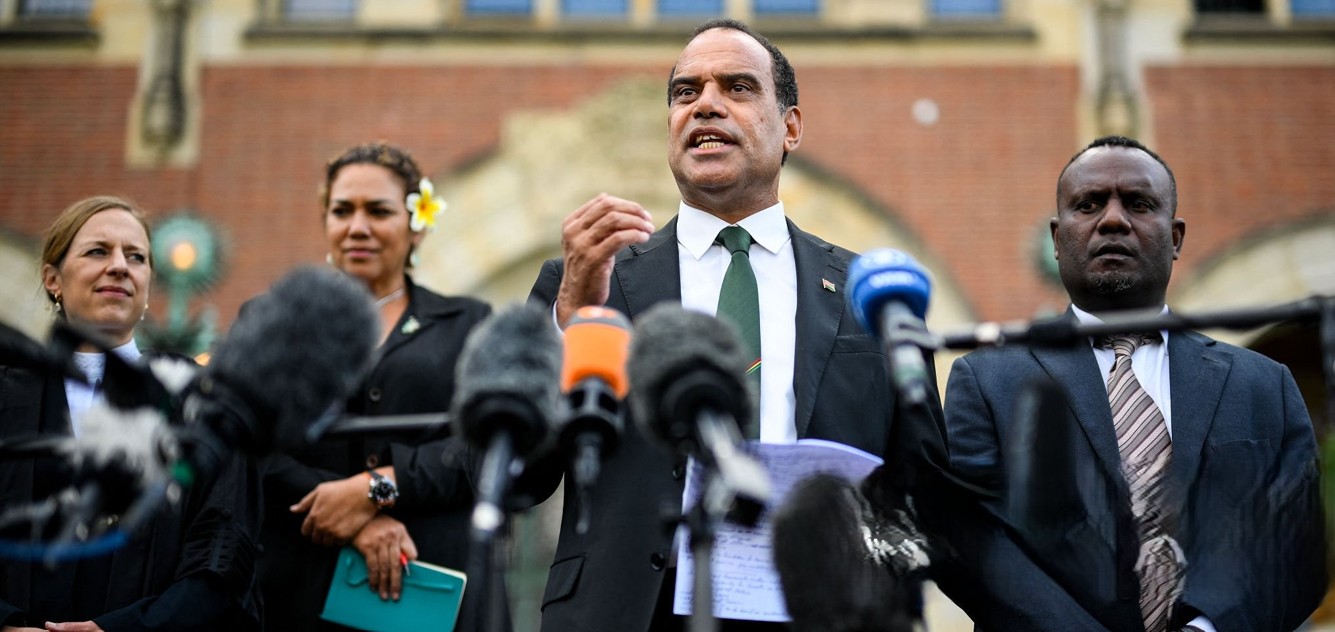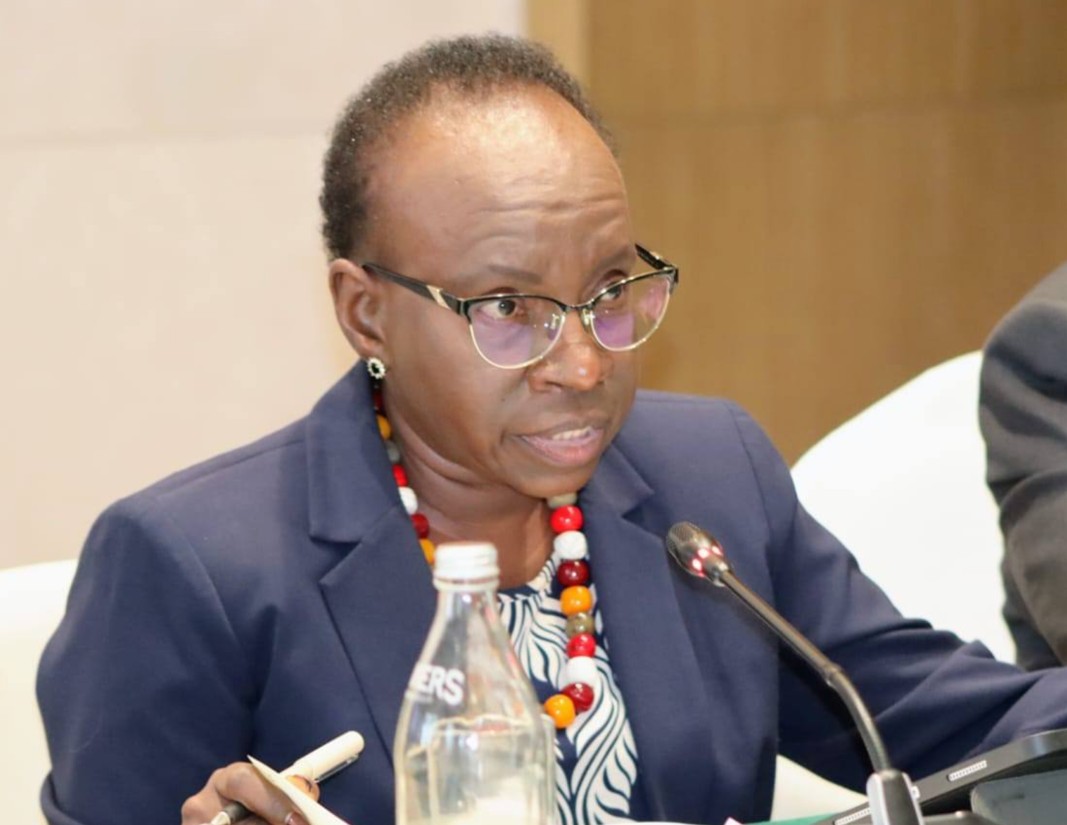Armed attacks displace over 46,000 in northern Mozambique as UN warns of deepening crisis
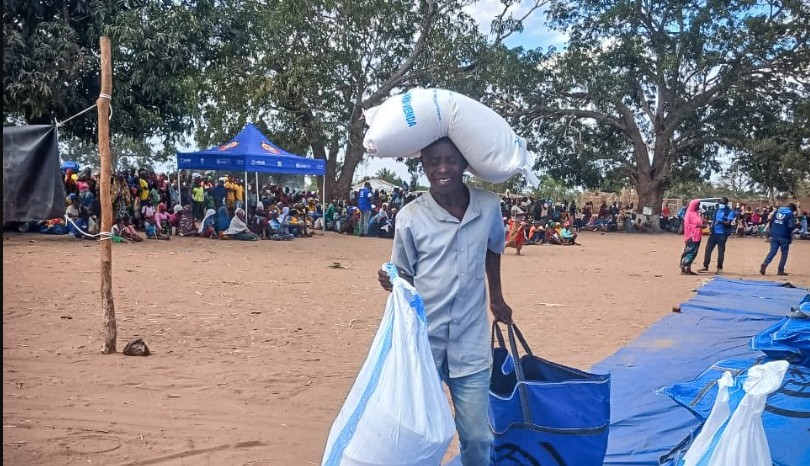
The UN Office for the Coordination of Humanitarian Affairs reports that the latest wave of violence has heavily impacted Chiúre, Ancuabe, and Muidumbe districts, with Chiúre alone accounting for over 42,000 newly displaced people—more than half of them children.
At least 46,667 people were displaced in northern Mozambique between July 20 and 28 due to attacks by armed groups, the United Nations (UN) has said, warning that the humanitarian crisis in Cabo Delgado province is rapidly worsening.
More To Read
- Gaza: ‘No one should ever be forced to risk their life to find food,’ says UN humanitarian agency
- Haitians in ‘despair’ following abrupt suspension of US humanitarian support
- Sudan gripped by deadly crisis as hunger, disease and heat intensify
- UN warns of worsening hunger, disease and displacement crisis in Eastern Africa
- Guterres condemns killing of people seeking food as humanitarian conditions deteriorate in Gaza
- UN limits fuel stock in Gaza to life-saving efforts, urges Israel to allow fuel in without delay
According to the UN Office for the Coordination of Humanitarian Affairs (OCHA), the latest wave of violence has severely affected the districts of Chiúre, Ancuabe, and Muidumbe. Chiúre alone accounts for over 42,000 of those newly displaced, with more than half being children.
"Insecurity persists, and people on the move often lack civil documentation," OCHA said in a recent humanitarian bulletin.
"These challenges may impact the ability of displaced people to move freely, safely access basic services and maintain their livelihoods."
Since the beginning of the year, more than 95,000 people have fled violence in Cabo Delgado. Humanitarian access is becoming increasingly difficult as attacks escalate and displacement sites struggle to cope with the growing numbers.
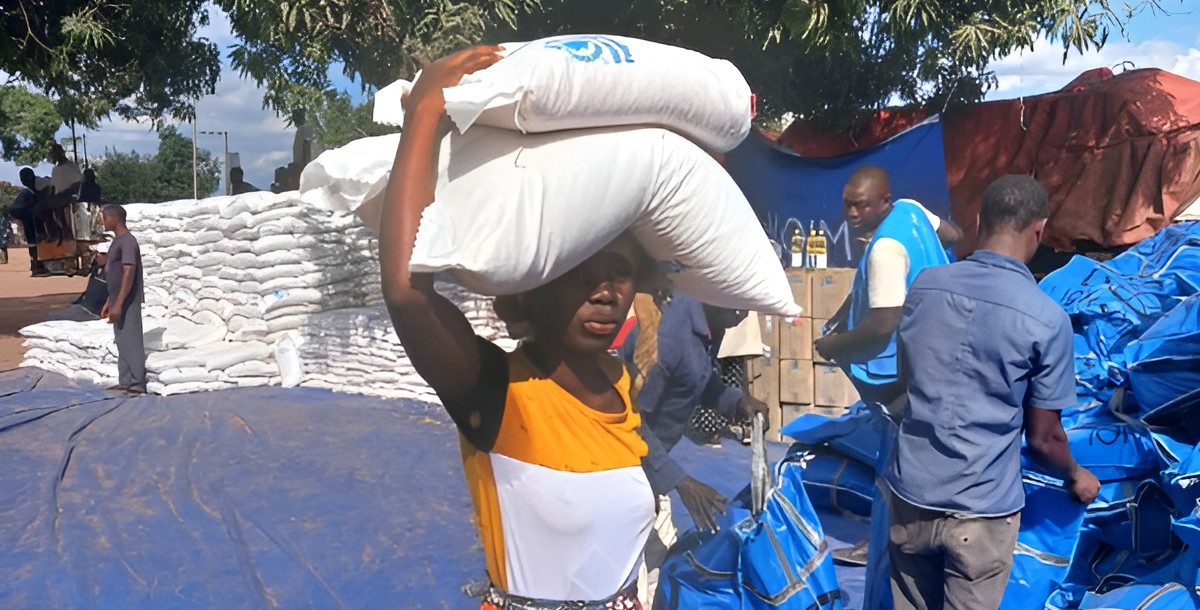 The UN says insecurity, forced relocations, and lack of documentation are worsening protection risks for displaced communities in Mozambique. (Photo: WFP Mozambique)
The UN says insecurity, forced relocations, and lack of documentation are worsening protection risks for displaced communities in Mozambique. (Photo: WFP Mozambique)
Overcrowded areas
Many of the families fleeing recent violence in Chiúre Velho, Ocua, and Mazeze are now sheltering in overcrowded areas of Chiúre Sede, especially in Bairro Micone and Bairro Namicir. Aid agencies have reported a rise in cases of children arriving alone or separated from their families amid the chaos.
Under international humanitarian law, civilians have the right to seek safety and choose where to seek refuge.
However, the UN notes that in Mozambique, insecurity, forced relocations, and lack of documentation are intensifying the already severe protection risks for displaced communities.
The crisis is being further exacerbated by a critical funding shortfall. As of July, only 19 per cent of Mozambique’s 2025 Humanitarian Response Plan had been funded. Out of the $352 million (Sh45.6 billion) required, just $66 million (Sh8.5 billion) has been received.
As a result, aid agencies have been forced to scale back their operations, reducing the number of people targeted for assistance from 1.1 million to just 317,000 — less than a third of the original goal.
"Urgent and sustained funding is essential to prevent further deterioration and address the escalating humanitarian needs that remain as acute and widespread as ever," OCHA said.
Top Stories Today
